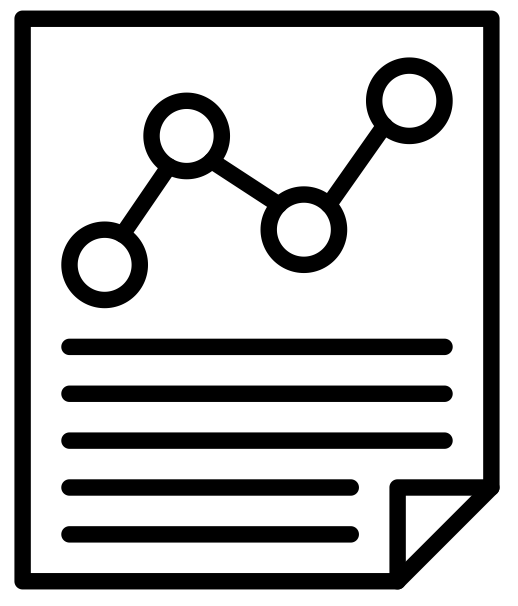Find or collect data
Research with Indigenous communities
Research with Indigenous communities requires considerations that go beyond conventional research lifecycle tasks.

Data Management Plans:
Data Management Plans (DMPs) should be co-developed with Indigenous communities in accordance with Research Data Management principles or DMP formats that they accept.

Ethics and consent:
Research involving human participants should always follow Concordia's research ethics policies and procedures. However, researchers also have the responsibility to learn and understand any additional Indigenous community ethics requirements.

Active phase of research
Researchers should meaningfully engage with Indigenous communities throughout the active phase of the project in a way that is mutually respectful. Indigenous communities should guide and ultimately determine how the data are collected.

Research outputs:
Indigenous communities should guide and ultimately determine how the data are used and preserved. Data management practices should result in communities having access to and ownership of the data arising out of the research process.
Resources
If undertaking research with Indigenous communities, please consult the following resources for guidance:
- OCAP® (Ownership, Control, Access, Possession): These are a set of principles that help promote First Nations information governance and data sovereignty. Those seeking to work with First Nations should take the time to understand the principles of OCAP®.
- Indigenous Community Research Partnerships training resource: An online open education training resource designed to assist researchers who are new to research in partnerships with Indigenous communities.
- Setting New Directions: This Tri-Council strategic plan aims to support Indigenous research and research training in Canada in order to build new research models.
- Research Guidelines from the Institut nordique du Québec First Peoples Working Group: These guidelines are aimed at researchers and students associated with the INQ who are likely to work north of the 49th parallel, in Northern Québec. This document can also serve as a good practices guide for any researcher interested in the North, in Canada and elsewhere.
- First Nations in Québec and Labrador's Research Protocol: A collective tool for community chiefs and managers who are invited to take part in research projects. Can be used as a guide by not only First Nations, communities and regional organizations, but also indirectly by the scientific community, in order to establish rules for research activities performed with First Nations or on their territory.
- Negotiating Research Relationships With Inuit Communities: This guide provides practical advice to researchers who plan to work with, or in the vicinity of, Canadian Inuit communities in the regions of Nunatsiavut (Labrador), Nunavik (northern Québec), Nunavut, and the Inuvialuit Settlement Region of the Northwest Territories (NWT).
- National Inuit Strategy on Research: Discusses how to replace colonial approaches to research with research relationships premised on Inuit self-determination, partnership, and transparency.
- Concordia Indigenous Elder and Community Protocols: Assists Concordia University faculty, staff, and students through the process of respectfully and ethically inviting, interacting, and/or collaborating with Indigenous peoples and communities.
- CARE Principles for Indigenous Data Governance: These principles are meant to raise awareness and assert the rights of Indigenous Peoples to govern themselves and the data about them.

